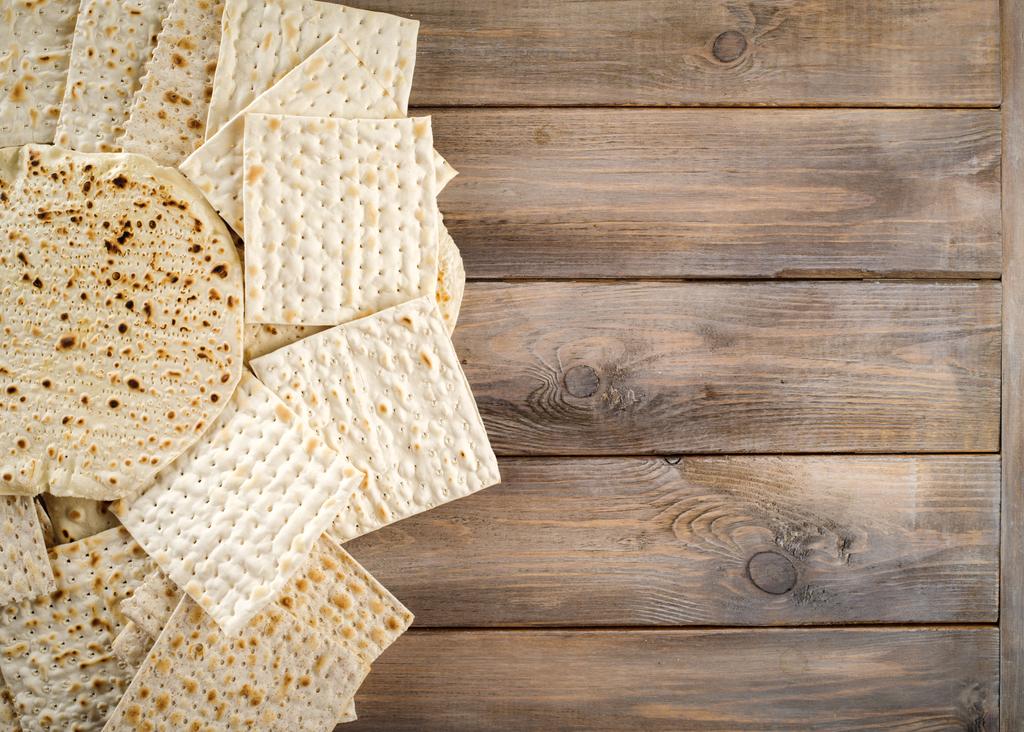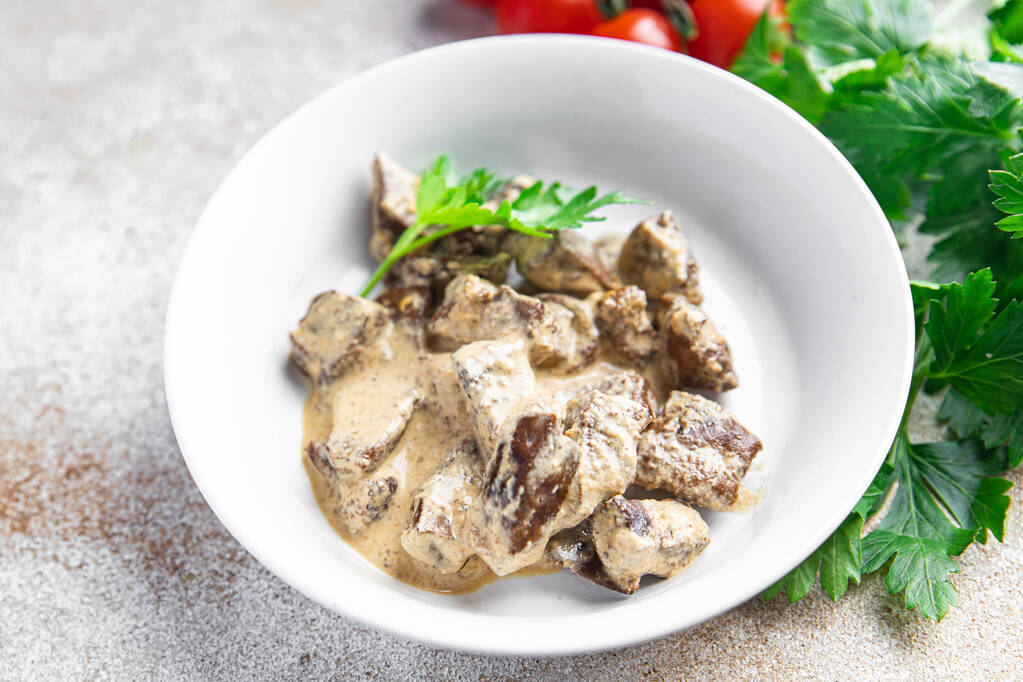Kosher food is the designation for food that is permitted under kashrut. The kashrut is a religious food law. Many rules relate to the consumption of animal products.
Kashrut are traditional religious law regulations. They regulate which foods believing Jews are traditionally allowed to eat. The kashrut divides food into “kosher” and “treat” – permissible and impure.
There are several reasons for this distinction. The Jewish Museum in Berlin indicates the conscious lifestyle of religious people. Medieval scholars would have explained that non-kosher food harmed the body or soul, while rabbis attributed the divine origin of kashrut to the reason.

Kosher food: clean foods
Kosher foods are those foods specifically classified as clean or permissible by the kashrut.
Plant-based foods such as fruit, vegetables or grains are kosher. However, it is important to ensure that no insects, snails or similar animals hide in them. These must not be eaten. Special rules apply to Israeli products, i.e. products from the “Holy Land”, for example for cultivation.
The following foods of animal origin are also kosher:
Meat from ruminant mammals with cloven hooves.
Animals that live in water and have both fins and scales.
Eggs from kosher animals are also kosher if no traces of blood are found in them.
Honey is an exception as it comes from non-kosher animals but is itself considered kosher.
Non-kosher food: mature foods
“Do not boil a kid in its mother’s milk” (Ex.23:19) is a quote from the Book of Exodus found in the Torah and the Bible. This sentence illustrates an important principle for combining foods according to the Jewish dietary law:
Dairy products and meat should not be eaten together. Therefore, kosher households have two sets of dishes and pots: one for dairy and one for meat. The combination of the products is not permitted.
Blood is always dripping. Therefore, only meat that no longer contains blood is considered kosher food. This ensures a special method of slaughter, the slaughter. In Germany, slaughterhouses are only allowed to be slaughtered with a special permit, which can be granted for religious reasons, as the SWR describes.
Combine kosher: parwe always works
Parwe means something like neutral in the Jewish diet. Foods that you can combine with kosher food in any way are neutral. With vegan products you are on the safe side in this respect: fruit and vegetables are parwe. In addition to vegetables, kosher fish and kosher eggs are also parwe.
The Central Council of Jews describes that vegetable products that replace milk are also parwe. Soy drink, which is popular with many vegans, can also replace the kashrut according to milk, bypassing the above regulations for combining dairy products. Vegetable substitute products can not only be combined kosher, but are also more environmentally friendly than animal products. Appropriate: According to the FAZ, Israel is the most vegan country in the world.




